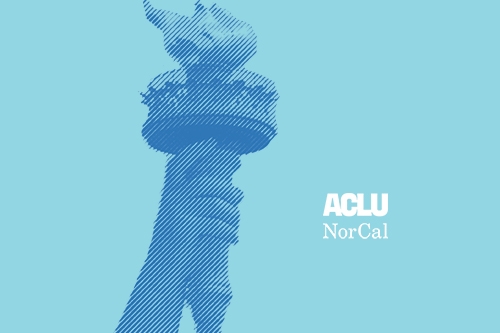Article Media

San Francisco – In a 2-1 decision that will be appealed to the California Supreme Court, a divided panel of the California Court of Appeal ruled today that California may continue to bar same-sex couples from marriage.
In a strong dissent, Justice Anthony Kline wrote, “the inescapable effect of the analysis the majority adopts is to diminish the humanity of the lesbians and gay men whose rights are defeated. The right to marry is of fundamental importance for all individuals.”
“Today’s decision was disappointing. We know that hundreds of thousands of lesbian and gay people were hoping the court would stand up for the dignity and equality of their relationships,” said Shannon Minter, Legal Director of the National Center for Lesbian Rights, who argued before the Court. “We believe Judge Kramer got it right when he ruled that excluding same-sex couples from marriage violates the constitutional promise of equality. We are optimistic that the California Supreme Court will affirm the trial court’s historic ruling and strike down one of the last remaining laws to discriminate against an entire group of people in this state.”
In April 2005, San Francisco Superior Court Judge Richard A. Kramer ruled that barring same-sex couples from marriage unconstitutionally discriminates on the basis of gender and violates the fundamental right to marry. The ruling today by the Court of Appeal will be appealed to the California Supreme Court by plaintiffs and the City and County of San Francisco who argued a companion case challenging the exclusion of lesbian and gay couples from the ability to marry.
“We know that history is on our side,” said Jeanne Rizzo and Pali Cooper, two of the plaintiffs in Woo v. California, who have been together more than 16 years. “We are disappointed by the court’s ruling, but we have faith that the law will not continue to treat us as outsiders. We simply want the same legal protections as other Californians.”
In 2005, the California Legislature enacted AB 849, the Religious Freedom and Civil Marriage Protection Act sponsored by Equality California, which would have ensured equal treatment under the law by allowing same-sex couples to marry in California. Governor Schwarzenegger vetoed the bill.
“California has always been a leader in recognizing that all people should be treated fairly,” said Geoff Kors, Executive Director of Equality California. “While we are disappointed that the Court of Appeal ruled against our families, we are confident that we will prevail and that the California dream will be available to all.”
“This decision is a pit-stop on the long road to justice, not a detour,” said Jennifer C. Pizer, Senior Counsel at Lambda Legal based in its Western Regional Office. “We believe that the Supreme Court will find as the trial court did that there is no room in California for a ‘separate but equal’ status that serves only to stigmatize same-sex couples and their children.”
“Today’s decision was disappointing, especially for the thousands of same-sex couples throughout the state who are relying on the courts to do right by their families,” said Tamara Lange, a Senior Staff Attorney with the ACLU. “But we’re hopeful that we will be able to show the California Supreme Court that same-sex couples make lasting commitments just like different-sex couples and their families shouldn’t be denied the dignity and protections that the state provides through marriage.”
More than 250 religious and civil rights organizations, including the California NAACP, Mexican American Legal Defense and Educational Fund, California Council of Churches, Asian Pacific American Legal Center, and National Black Justice Coalition, filed amicus briefs supporting marriage equality for same-sex couples.
NCLR’s co-counsel in Woo v. California are Heller Ehrman LLP, Lambda Legal, the ACLU, and the Law Office of David C. Codell.
